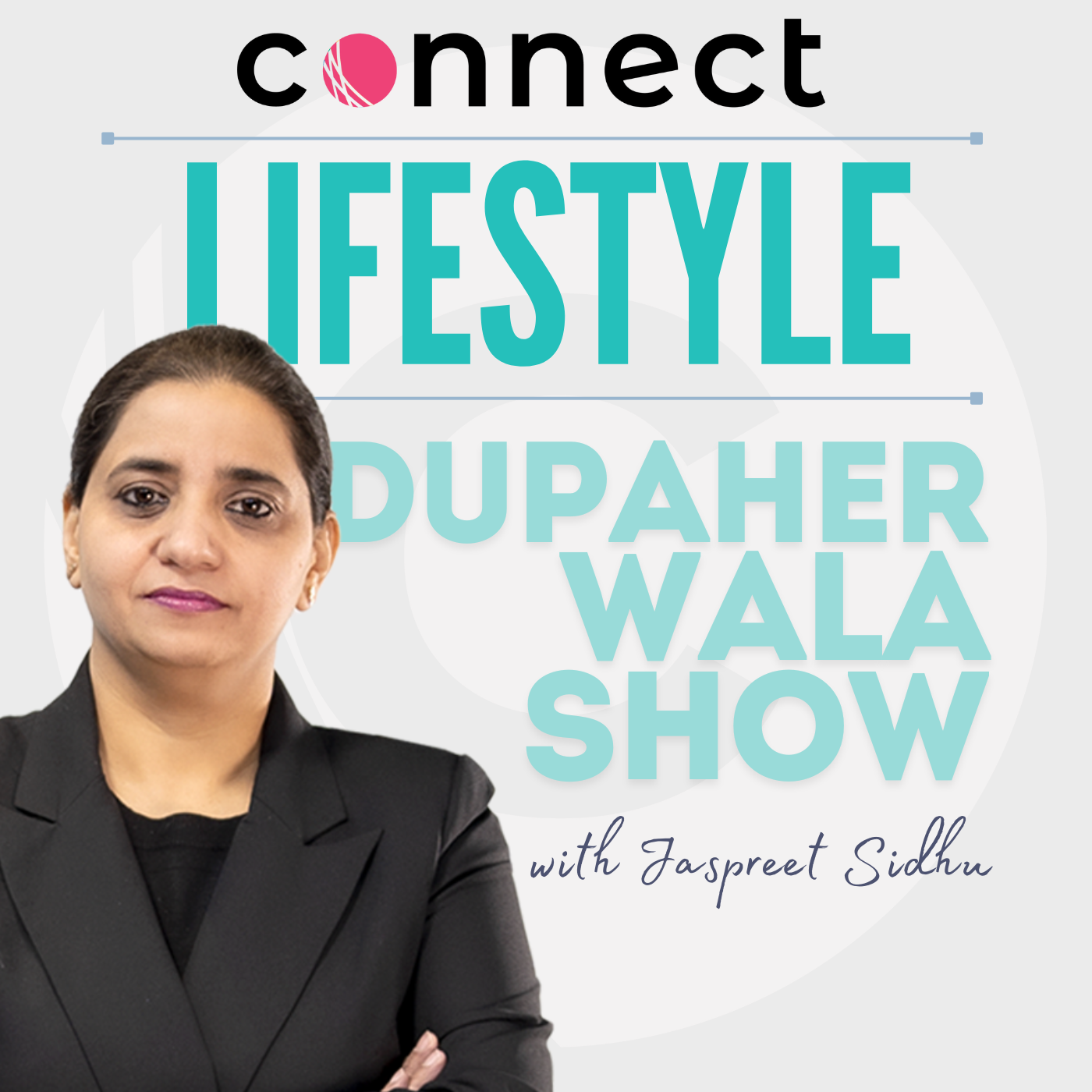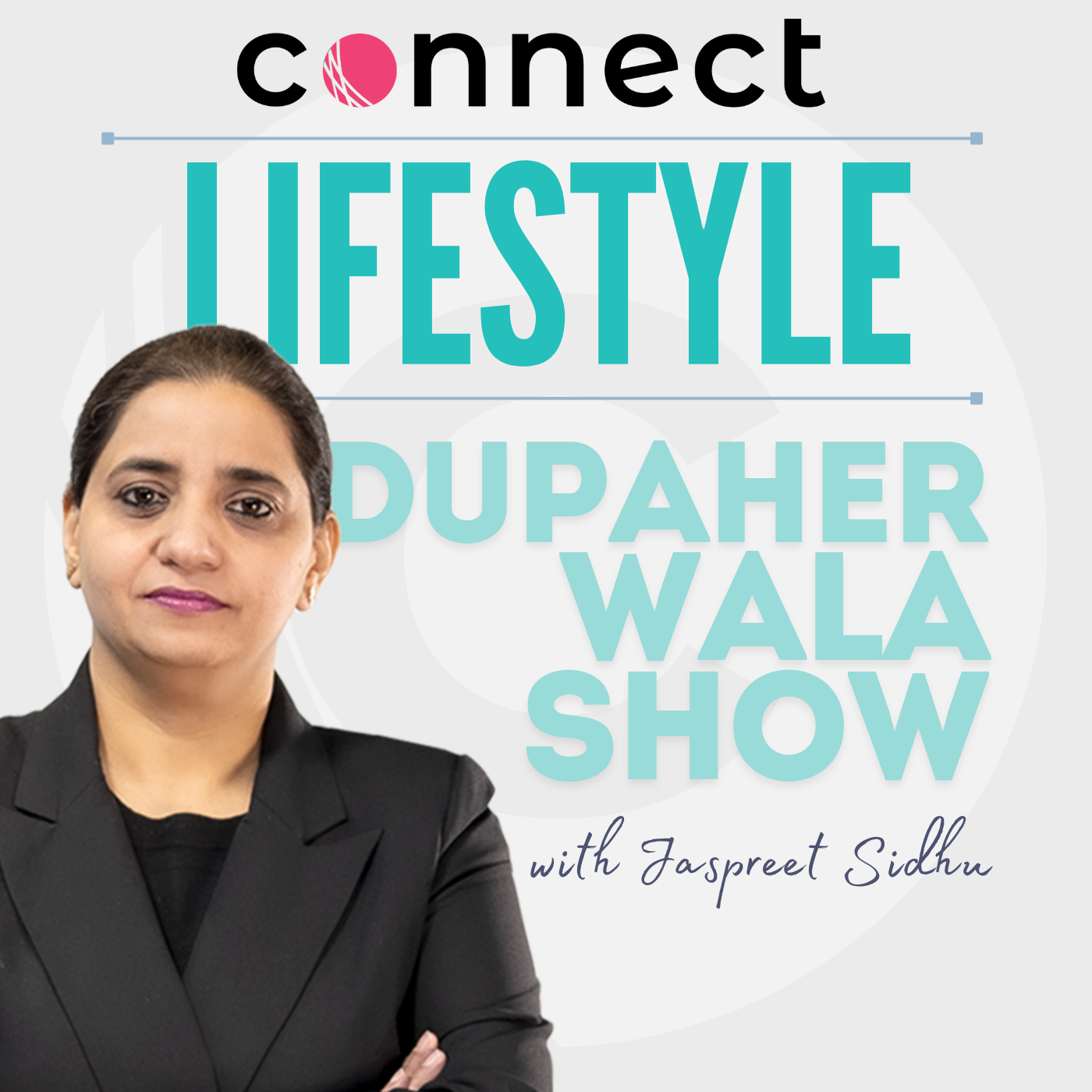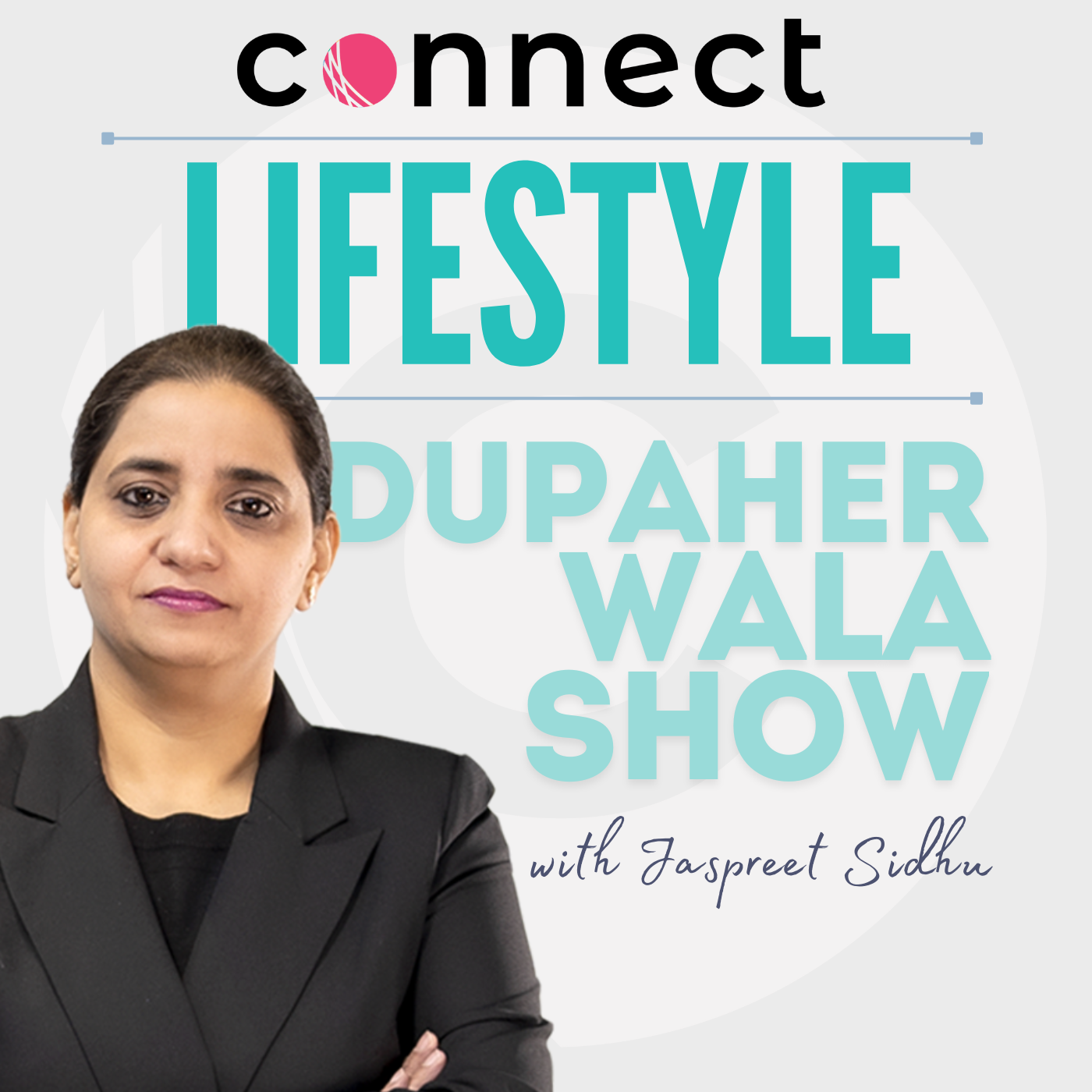Episode Transcript
[00:00:08] Speaker A: Because support system, family roots, family tradition.
This was heartbreaking to hear how sad it is.
Loneliness.
[00:00:57] Speaker B: Yeah.
Oh yeah, yeah.
[00:01:01] Speaker A: So Sanupala.
[00:01:13] Speaker B: Isolated.
[00:01:14] Speaker A: Isolated.
[00:01:30] Speaker B: So factual objectively on the exterior isolated. That's social isolation. Jeri Hagi loneliness.
So that's the difference you can be to see socially isolated. Ho Sa Kadeh and Fervi to see loneliness.
Feeling loneliness.
Absolutely. Social isolation. Kali problem.
They're fine, I'm fine. That's not dangerous but loneliness.
World Health Organization but also if you go back I think about 5 years ago UK research loneliness, heart conditions, dementia and suicide in young people they noticed what's very common is loneliness. So loneliness is so dangerous you can develop depression.
Physical health.
You have a higher risk for dementia, higher risk for heart problems, lowered immune system infection.
[00:03:38] Speaker A: Jeda Renda Family support system Age specific loneliness youngsters loneliness.
[00:03:59] Speaker B: So many questions it's around life transitions.
Experience loneliness more.
16 to 24 experience loneliness more.
You change schools possibly right.
You're driving adulthood, responsibility.
Graduate high school.
About where you're going to go next. College after social media, after the Internet. Internet connect.
But in actuality feeling connected.
So 16 to 24, that's a big one. Transition.
But does somebody actually see me?
Then you're going to feel more lonely.
You're going to feel more lonely. So 16 and 24th of the day 50 to Vad Jebachith. They're getting married, they're leaving the house.
Even body wise physical parameters.
[00:06:10] Speaker A: Independently doing.
[00:06:11] Speaker B: Yourself the doing and that transitions.
So the loneliness is just more paramount.
[00:06:23] Speaker A: So transition is the main thing basically transition both important factor loneliness change.
[00:06:41] Speaker B: I mean research transition makes a difference 16 to 24 clinically the people that come to our clinic bullying.
Bullying is very normal these days.
What do you do as a parent? We're very limited.
It just goes deeper. So Jerry Unadi Pashane, Andro Badal Chandiya and who's looking at it is a big factor. So Jodi Young Keja it's not just transition. Hore state.
Do you feel connected in terms of connectedness?
Yes. You could be sitting.
You know that in terms of miracle connectedness then loneliness will be there.
[00:08:31] Speaker A: The key to a relationship is communication.
No it is not. It is comprehension.
[00:09:16] Speaker B: If you look at Buddhist terms, Buddhist terms first seek to understand before being understood.
Interesting.
Loneliness.
What would be the solution to this? Yes, solution.
[00:10:07] Speaker A: So true. So true.
Loneliness, mental health. Physical health.
[00:10:14] Speaker B: Okay.
Mental health. Loneliness.
Mental health.
[00:10:22] Speaker A: Okay.
[00:10:23] Speaker B: Right. So Jay Thor de Koi Koi Mental health challenge. Even Gusa right has a mental health concern.
Even that.
So you start to feel lonely.
Nobody understands it. So mental health can create loneliness.
Mental health?
[00:10:54] Speaker A: Yes, yes. Anxiety, depression.
[00:11:01] Speaker B: And the other way. Jetusi Loneliness. Already experience depression, anything. So that goes both ways.
Physical health.
And this was shocking.
Jerry. Loneliness.
The US general doctor that reports to the UN and to the WHO research.
Loneliness is equivalent to smoking 15 cigarettes a day.
News in December and November.
December, the November, the vich loneliness.
December has a high rate of suicide.
Holidays create an extra amount of loneliness for people, right?
Loneliness situation that just.
They just don't feel good with each other.
That I feel lonely in this relationship.
In this relationship.
But I feel lonely.
If we just look at that loneliness. It's connected to feeling understood, feeling seen.
[00:13:01] Speaker A: Yes, yes.
[00:13:02] Speaker B: Reality. Sense of community, sense of family.
Just as a fly phone call.
Family divide. Hoyuwa jada sada Collectivism.
And it's not a bad thing.
That's communication.
Communication.
Or respectfully deal karnle so ki hunda Then divide. Bhajan de Even parents, seniors were not doing that today.
[00:13:57] Speaker A: Yes, yes.
Last week.
Everything, you name it. And there's everything there.
[00:14:32] Speaker B: It's not there in your mind.
Kiyopara Jahu Wisdom.
This was in December, uncle. See about 76.
He was dying of cancer.
Dying of cancer. Palliative care.
It's very stressful. Depression, anxiety, suicide, addiction.
[00:15:51] Speaker A: So true.
[00:15:56] Speaker B: As long as they're not a problem.
[00:16:12] Speaker A: But as you said.
[00:16:16] Speaker B: It'S not a problem.
They're fine.
[00:16:33] Speaker A: Physical parameters.
Physical parameters.
Good.
[00:16:49] Speaker B: Good.
[00:16:50] Speaker A: Physical parameters all good.
[00:16:56] Speaker B: Make a meal together.
Even as male and female, how are we still staying connected?
We're good, but we're not.
Especially in our community. With the amount of addiction, with the amount of suicide, with the amount of depression.
Anxiety, Anxiety.
Anxiety, anxiety, anxiety.
100% depression.
Do you feel accepted?
Probably not.
[00:18:00] Speaker A: JD, human connections lose. Lost human connections, Right? They are responsible for so many things.
[00:18:06] Speaker B: So many things.
Physical, social isolation.
Social isolation. But in actuality, they weren't lonely.
They felt connected. Unadi Health Actually better. Hui Ko Virdevich, you felt very lonely, right?
[00:18:50] Speaker A: So true.
[00:18:51] Speaker B: So true.
[00:18:54] Speaker A: Medicine, medicine. Another human being.
[00:18:58] Speaker B: Easily one of our counselors.
Maybe not. But actually it wasn't that.
Like they've tried really hard. But do you feel lonely?
Yes.
[00:20:00] Speaker A: So true.
[00:20:00] Speaker B: Very true. We all feel it. I have felt it.
So you get lonely?
[00:20:15] Speaker A: Yes. Human connection.
[00:20:17] Speaker B: That. That's the key. That's the key before we have human connection.
[00:20:23] Speaker A: Yes.
[00:20:26] Speaker B: Right.
[00:20:27] Speaker A: Kindness, sensitivity.
[00:20:42] Speaker B: I was really young.
You don't take a stand.
Sandovich Harik Palora is huge.
[00:21:36] Speaker A: Yes. Raman, thank you so much.
[00:21:38] Speaker B: You're very welcome.


